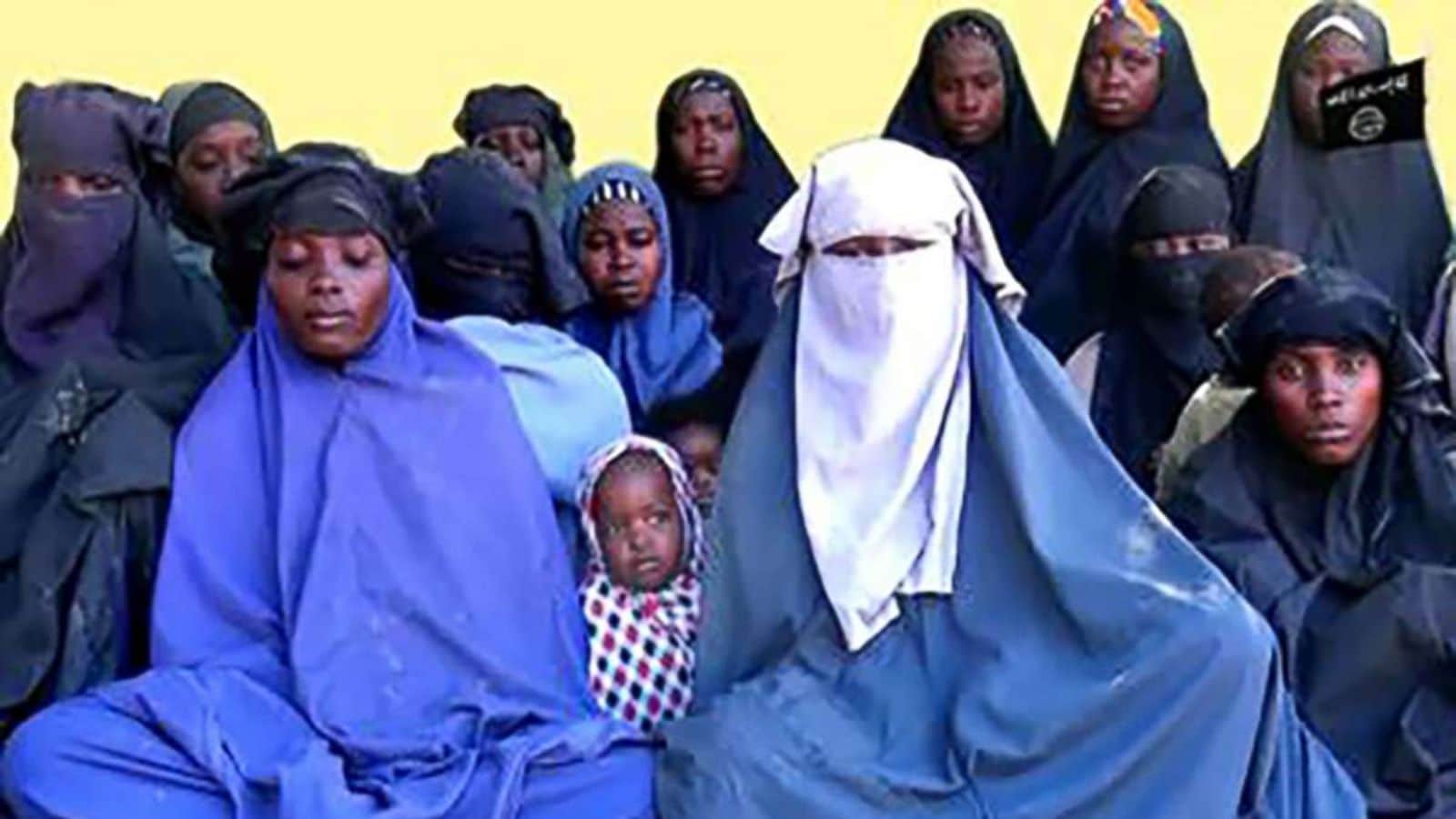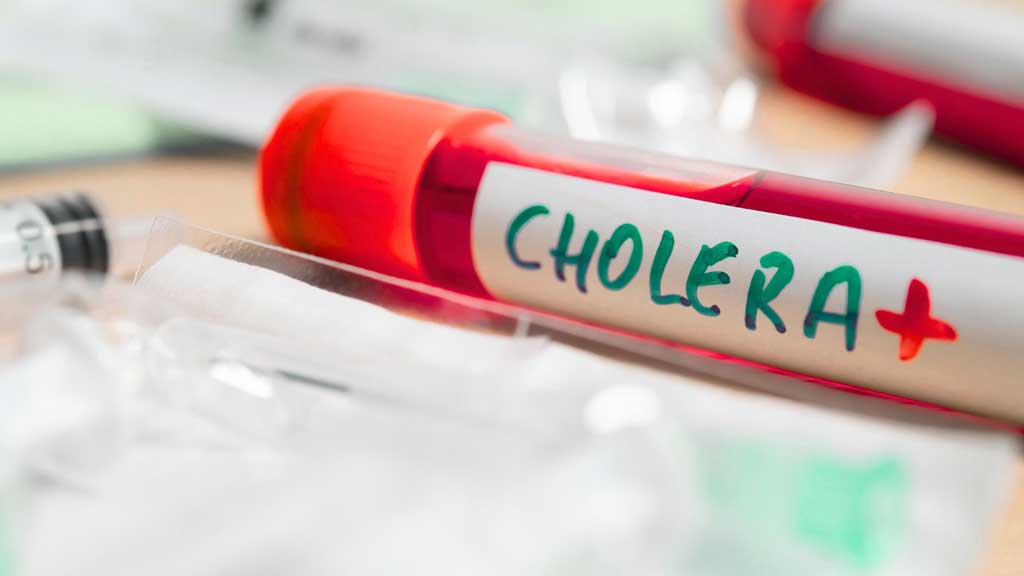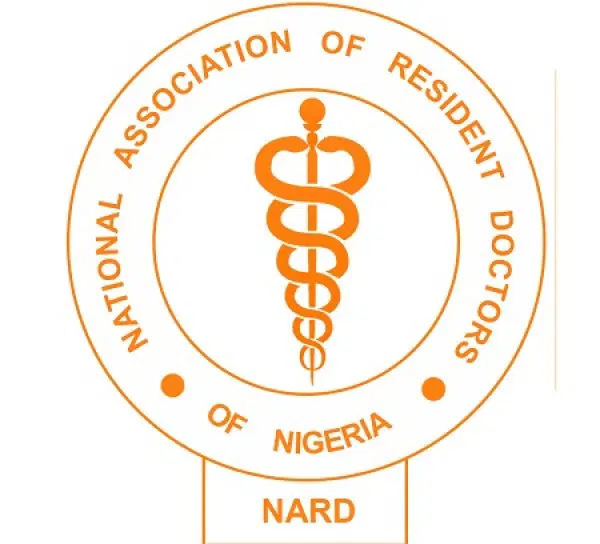The United Nations Committee on the Elimination of Discrimination against Women (CEDAW) has revealed that 91 of the schoolgirls abducted from Chibok in 2014 remain missing or in captivity, ten years after the mass kidnapping by Boko Haram.
In a recently released inquiry report, the Committee detailed the ongoing trauma faced by survivors, many of whom continue to suffer from deep psychological scars and social stigma, with little to no access to appropriate support services. These findings followed a confidential two-week mission to Nigeria in December 2023, during which the delegation conducted field visits in Abuja and several other states, including Borno, Adamawa, Enugu, and Kaduna.
The report described persistent and grave violations of the rights of women and girls, holding the Nigerian state accountable for its failure to prevent mass abductions, protect its citizens, and provide redress for the harm caused. During the mission, the delegation—comprising CEDAW members and human rights officers—met with key national institutions, security agencies, and visited displaced persons’ camps to hear firsthand testimonies from victims of abductions by Boko Haram and other armed groups.
Originally focused on the Chibok schoolgirls’ case, the inquiry expanded to cover a broader pattern of mass kidnappings that have targeted schools and communities in northern Nigeria over the past decade. While some girls managed to escape on their own and others were released in small groups through negotiations, the fate of 91 remains unknown. The report underscored that the government is no longer pursuing active negotiations for their release.
The Committee highlighted that the Chibok abduction was not an isolated incident but the beginning of a widespread and continuing crisis. Since 2014, at least 1,400 students have been kidnapped across Nigeria, often for ransom, forced marriage, trafficking, or in exchange for prisoners. Survivors described conditions in captivity marked by starvation, beatings, forced religious conversions, sexual violence, and in many cases, coerced childbirth.
Even after their release, many of the girls faced rejection from their communities and were denied access to rehabilitation, education, or psychosocial care. While some received support through government programs and international scholarships, others were left to survive in displacement camps without basic services. Families of abducted girls often sold off their belongings to pay ransoms, only to be left without compensation or assistance.
CEDAW concluded that the Nigerian authorities had systematically failed to protect women and girls, ensure their right to education, and provide meaningful reintegration for survivors. It also criticized the failure to criminalize abduction and marital rape across all states, and called for urgent, coordinated efforts to rescue the remaining Chibok girls and all others held in captivity.
The full inquiry report, which includes recommendations, has been made publicly available.








